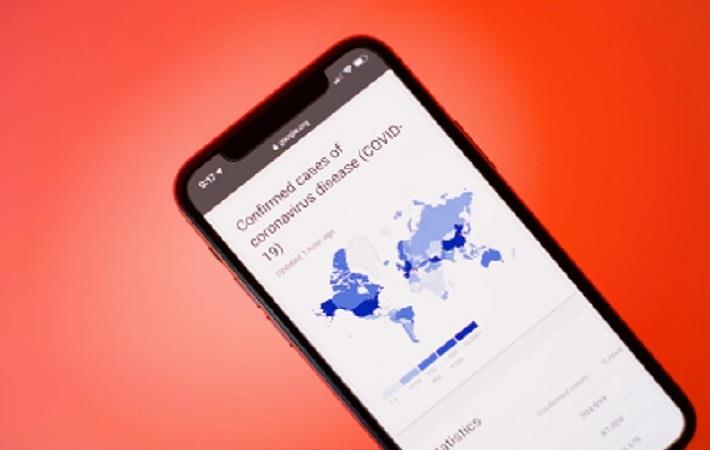Important differences in the ethical buying behaviour are becoming very apparent in the way brands and retailers are either simply dropping their suppliers or trying to confront this crisis in a more collaborative manner, according to a joint report by the International Apparel Federation (IAF) and the International Textiles Manufacturers Federation (ITMF).
In response to the sudden precipitous drop in sales, many brands and retailers cancelled orders with their manufacturers. In Bangladesh alone, up until March 29, 1025 factories reported 864.17 million pieces worth $2.81 billion of exports getting cancelled or held up affecting approximately 2.06 million workers. The effect of no sales or very little sales clearly cascades through the supply chain quickly, says the report.Important differences in the ethical buying behaviour are becoming very apparent in the way brands and retailers are either simply dropping their suppliers or trying to confront this crisis in a more collaborative manner, according to a joint report by the International Apparel Federation (IAF) and the International Textiles Manufacturers Federation (ITMF).#
IAF has openly called out unethical buying behaviour in the face of the COVID-19 crisis and has called for supply chain solidarity. This implies buying brands, retailers, manufacturers and suppliers need to figure out creative solutions to reduce or to spread the economic pain across time or across players in the supply chain.
The apparel industry is facing an enormous and unprecedented demand shock created by the COVID-19 crisis, said the report. McKinsey reported a 30-40 per cent decline in revenue reported across European offline apparel, up to 80 per cent in regions with high infection rates. Lost offline revenue is not nearly being compensated for by additional online sales. Online revenues remain largely stable, though McKinsey reports some online players seeing decreases of 5-20 per cent.
The sales drop in fashion caused by the COVID-19 crisis is relatively worse than in many other product categories, perhaps because it started from a weak base, says the IAF-ITMF report.
Spending had already dropped at the onset of the crisis, regardless of the actual rate COVID-19 infection in a local market.
The report foresees industry associations considering asking governments to reintroduce restrictions on the periods in which discounts may be offered.
The unprecedented situation of offline retail having stopped entirely in many places means that any prediction for the immediate prospects of apparel sales is totally dependent on the duration of the lockdowns.
At some point, when shops reopen, fashion brands will face a harsh environment with accumulated stocks and an expected depressed market because of an economic recession. Too much reliance on the price instrument to entice consumers to buy and to reduce stocks can depress prices for a long period and collectively make it more difficult for the fashion market to restructure and prosper again, the report adds.
Fibre2Fashion News Desk (DS)
